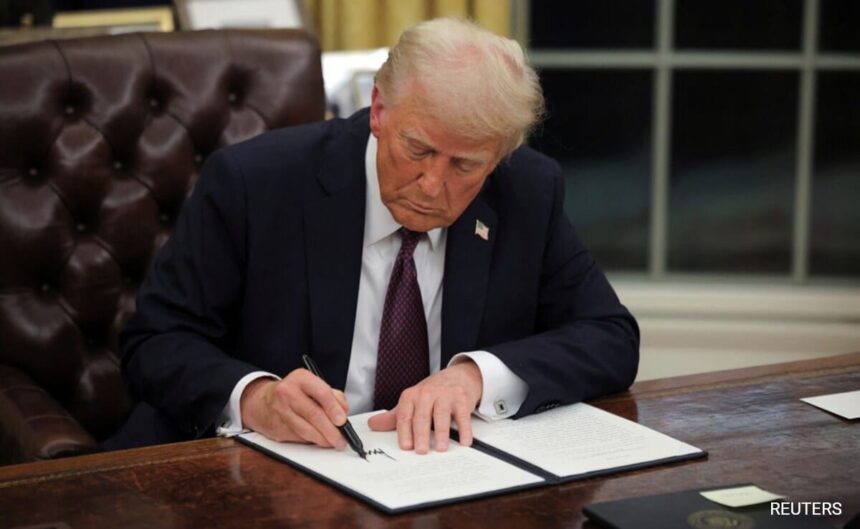The Trump Administration Faces Legal Challenges Over Birthright Citizenship
The Trump administration is facing a series of legal challenges over President Donald Trump’s plan to end birthright citizenship in the United States. Multiple lawsuits have been filed by Democratic-leaning states, civil rights groups, and immigrant organizations in response to Trump’s executive order aimed at reshaping American immigration policies.
The first two lawsuits were filed by the American Civil Liberties Union, immigrant organizations, and an expectant mother shortly after Trump signed the executive order. These cases marked the beginning of what is likely to be a protracted legal battle over the President’s attempt to eliminate birthright citizenship.
Following these initial lawsuits, 22 Democratic-led states, along with the District of Columbia and the city of San Francisco, filed separate lawsuits in federal courts in Boston and Seattle. These cases argue that Trump has exceeded his authority and violated the US Constitution by attempting to revoke the automatic granting of citizenship to individuals born on US soil.
The legal challenges assert that Trump’s executive order would deny more than 150,000 children born in the United States annually the right to citizenship. Massachusetts Attorney General Andrea Joy Campbell stated that “President Trump does not have the authority to take away constitutional rights.”
Birthright citizenship, as defined by the 14th Amendment to the US Constitution, grants citizenship to anyone born in the United States. This provision was added in 1868 to ensure that all persons born or naturalized in the US are considered citizens. The Immigration and Nationality Act of 1952 also includes similar language regarding citizenship.
Despite the legal challenges, experts believe that birthright citizenship cannot be overturned by an executive order alone. Any attempt to do so is expected to face extensive litigation and could ultimately be decided by the US Supreme Court. Constitutional amendments would be required to abolish birthright citizenship, a process that would involve a difficult and lengthy legislative process.
The legal challenges against Trump’s executive order are based on the argument that it violates the Citizenship Clause of the 14th Amendment, which guarantees citizenship to individuals born in the United States. The lawsuits cite the Supreme Court’s 1898 ruling in United States v. Wong Kim Ark, which affirmed that children born in the US to non-citizen parents are entitled to citizenship.
In addition to the lawsuits related to birthright citizenship, other legal challenges against Trump’s early executive actions are also pending. These include a lawsuit filed by the National Treasury Employees Union challenging an order that makes it easier to dismiss federal agency employees and replace them with political appointees.
The legal battles over birthright citizenship and other executive actions are expected to continue as the Trump administration faces ongoing scrutiny and opposition from various states, civil rights groups, and immigrant organizations. The outcome of these legal challenges could have significant implications for immigration policy and constitutional rights in the United States.








